|
In the midst of this ongoing pandemic, starting a new year may not have the optimistic of years past. On the other hand, spending more time at home, with ourselves, with our families, may have caused you to pause and reflect more over the past 2 years.
Instead of setting goals for the new year, many people are choosing an overall theme or word to describe their intentions for this year. If you'd like to focus on energizing yourself then I have 3 tips for you.
0 Comments
Many people only visit their doctors when they are unwell. An online survey conducted in 2019 found that 22% of Americans avoid medical care, including doctor visits, annual visits, and screenings, due to high healthcare costs. If you've had negative experiences with the healthcare system and are worried about receiving bad healthcare, you can enlist the help of medical malpractice attorneys.
Going for regular health checkups may save money in the long run by helping you maintain a healthy lifestyle and catching chronic conditions early on. Has your doctor suggested that you get testing for diabetes? Diabetes can affect your health from your head to your toes - truly! When uncontrolled, high blood sugar can negatively affect the health of your blood vessels, leading to tingling and numbness (called neuropathy), or more severe damage to organs such as your kidneys and heart.
Getting screened for diabetes is done through blood work. Whenever you get bloodwork done at the doctor, it's important to follow the fasting recommendations so they can evaluate your fasting blood sugar levels. The doctor can also do a test call "hemoglobin A1C" and use non-fasting blood sugar cut-offs if you are not fasting, but will likely want you to follow-up with a second blood test when you are fasting. Read on to learn why your doctor may suggest you get tested for diabetes and why its important to do so. According to a 2008 study in the Journal of the American College of Surgeons, the average American will have 5.97 operations, assuming they live to at least 85 years of age. However, you may not know the important role that nutrition plays in pre- and post-operative care to enhance recovery and wellness. After reading this post, hopefully you'll have 1 or 2 new facts to share about the importance of nutrition after surgery at your next get together. DISCLAIMER: The information provided in this post are for informational purposes only. No material on this site is intended to be a substitute for professional medical or nutrition advice, diagnosis or treatment. Always seek the advice of your physician or other qualified health care provider with any questions you may have regarding a medical condition or treatment and before undertaking a new health care regimen, and never disregard professional medical advice or delay in seeking it because of something you have read on this website. For individualized nutrition care, seek the advice of a Registered Dietitian.
With many of us working from home due to COVID-19 restrictions, we're spending even more time in front of our screens. Gone are the natural breaks in the day like a commute, chatting with colleagues in the breakroom, and going to in-person meetings. If headaches were a rare occurrence for you before COVID-19 but you've noticed them becoming more common, you may want to try these tips to see if they help.
Physical and mental health are both important, and inextricably intertwined. In this blog post, I encourage you to take stock of old injuries, current habits, and and to try out a lifestyle of moderation rather than always going ALL IN.
Photo by Scott Broome on Unsplash
Do you ever leave the table feeling overstuffed? Wishing you hadn't had those last few bites?
It takes your brain about 20 minutes to communicate a full stomach to the brain, and it's during that time we often over eat. A product called MealEnders is targeted at this overfull problem. When you're starting to feel full, you can take a MealEnder to help distract your body while your stomach signals to your brain that it's full - avoiding that overfull feeling. You can read more about the product at www.mealenders.com Click READ MORE below to hear about my experience with MealEnders
Whether your gym is closed or your schedule is off kilter from juggling new home and work responsibilities, it can be tough to stay active while working from home.
With the COVID-19 pandemic, the state of our world changes week to week, and that stress can affect you more than you may realize. From keeping your energy up to eating healthy at home, taking steps to improve your wellness in this tumultous time can give you a sense of control. Did you know that the signs of poor eyesight are similar in children and adults? However, because children and adults often engage in different sorts of activities, trouble seeing can manifest in different ways.
Take a look at these 5 telltale signs that your child (or you!) might need glasses, and learn why it's important to take corrective action right away.
While a bright smile in the mirror can boost your self-esteem, taking care of your smile - through proper oral hygiene - extends far beyond your self-confidence.
Unfortunately, dental insurance is something that evades many of us - students and employed. However, making your dental health a priority will pay dividends later. Not only can preventative care and regular upkeep help stave off expensive procedures later on, maintaining your oral health can improve your overall health. Gum disease and poor oral hygiene have can contribute to chronic inflammation throughout your system, and can increase your risk of heart disease.
Do you feel like you're always tired?
When you're fatigued, everything feels difficult and it's tough to meet your full potential. It's even difficult to do some of the things to fix it - like exercise! Read on for 5 tips to restore your energy. As 2019 winds down and resolutions come to mind, consider something different for 2020. Forgo the unrealistic weight loss and gym goals and instead made a resolution to adopt a healthy lifestyle.
Resolutions are simply goals, but using January 1st to make a drastic change in your life is difficult to maintain. I'd even say that many New Year's resolutions set yourself up for failure. Adopting lifestyle changes instead of trying fad diets can be done in incremental steps. Identifying the changes you want to make, and then thinking through how to achieve those changes is the best way to make sure your goals are achievable and, more importantly, that they're the right goal for you. For the most up-to-date information on the RD exam, including information on the 2022 exam update, head over to my website www.studysmartermethod.com. The main shift from the 2012 to the 2017 exam was a shift in focus on the Principles of Dietetics from 12% in 2012 to 25% in 2017, and the trickle-down effect reducing percentages of the other three domains. For dietetic students and new graduates, see the RD Handbook from CDR. Look at the most up-to-date CDR outline on the website. Be aware of materials published before January 1, 2017 as they will be current with the previous 2012 exam. The next exam update will be for 2021. To learn more about the structure of the exam, see my 2016 post on RD exam pass rates.
If a passion for science and patient care wrapped up in a fast-paced job working in a team sounds like a good fit, then nursing may be a career path you should pursue.
I write about wellness on this blog, from physical health to mental health, fitness to eating well. Whether you're interested in the wellness side of health, or about the science and care behind disease states, it's not a stretch to think that nursing might be a good fit for you. Let's talk about it some more. Routines can provide us with stability that helps us organize not only our day, but our minds. But if your day-to-day life is bordering on hum-drum and you find yourself daydreaming about something different, you may be in a rut.
You don't need to make any drastic life decisions to get out of a rut, though that's the solution we often see at the movies or on television. Today I'll share 3 ways to get out of a rut.
Many of us have hectic schedules, and trying to sleep enough, exercise enough, and eat well feel like another full time job.
Did you miss my post on healthy routines to take care of yourself? Check it out here. Today I'll talk through some common challenges we encounter at breakfast, lunch, and dinner, and talk through some solutions. I'll also share my own challenges with cooking for one and some things I've found to help solve my problems! Have different challenges? Comment on this post and I'll incorporate it into the next post.
This post contains affiliate links. When you purchase something through my link, I earn a small commission at no extra cost to you. Affiliate links marked with *.
Injuries come in all varieties - from fender benders to runners knee - and not only impact our favorite activities, but every part of your life, like basic self-care and sleeping. Read on to learn about battling the emotional toll, financial hit, and lingering pain that result from accidents and injuries.
Living with diabetes is more than managing blood sugar levels. It also involves adopting healthy lifestyle behaviors, though traditional recommendations might be adapted to suit you better.
If you’re having trouble with some of the standard recommendations you hear in the media or read about online, here are a few tips that can help you prioritize and adopt these behaviors. I’m sure you’ve heard of diet detoxes. Going on a “cleanse” is a pointless activity, as your body has a built in detoxification device – your liver! In contrast to limiting your diet down to the bare minimum, eating a well-rounded diet, sleeping enough, and moving more will let your body work the way it should.
But the idea that you need a break from the toxic things in our everyday world applies to other things in your life, like reliance on digital tech, a messy house or office, or a toxic social life. No matter how much you love your job, chances are you don't love sitting all day.
Even with more offices adopting standing desks and treadmill desks, it's not great to do that all day either. So how can you counter the unfavorable aspects of sitting all day?
It’s difficult to start a new habit, and starting a regular exercise routine is no different. However, if you have a chronic health condition, an amputation, or an injury, the typical blog posts about eating your macros, building your fitness model body, or other appearance-focused information isn’t where you need to start.
Physical activity, which is any movement we do with our body (exercise being one of them), is beneficial for nearly all persons in preventing disease, preventing progression, and managing symptoms. Physical activity can also exacerbate existing conditions or lead to new injuries if approached too vigorously. For example, regular activity can help with the pain of fibromyalgia and fatigue of chronic fatigue syndrome, but too much too fast can worsen the symptoms. Let’s get you started on the right track. Nearly 1 in 8 adults in the United States care for an aging parent and support their own children. These "sandwich generation" caregivers are also present in other Western countries, with 1 in 25 adults in the United Kingdom juggling childcare and taking care of an older or sick parent.
Caregiver burnout is a very real hazard that contrasts the rewarding moments of taking care of loved ones. It's a state of extreme exhaustion - emotional, mental, and physical. Having enough time in the day is one of the many challenges of caregiving, especially if you're employed. Here's 3 tips to balance the financial responsibility of caregiving without contributing to even more stress.
Rest and recovery is just as important for your fitness performance as your workout.
If you don’t give your body plenty of time to recover in between your workouts, you risk overtraining syndrome., characterized by persistent fatigue, mood disturbances, and decreased athletic performance. With regular training, your body recovers from the acute fatigue in a few days. Functional overreaching and non-functional overreaching require longer term recovery with days to weeks to months before progressing to overtraining syndrome, resulting from inadequate rest and recovery while in a state of overreaching. Many adopt a “no pain no gain” and “push through” mentality – but implementing that practice in your training increases your risk of overtraining and therefore risk of injury. If you want to train tomorrow or next week, take care of yourself today. Here are a few ways you can recover well and get better results from your workouts.
Good habits are hard to make and bad habits are hard to break. Today I highlight 3 bad habits that are worth your time and effort to break!
In the last 5 years, workplace wellness has become the norm, as insurance companies and employers finally agree with wellness experts that healthier workers save money - through increased productivity, reduced sick days, and reduced medical bills. Whether you work for a large company with a formal workplace wellness program, or at an itty bitty start-up or mom-and-pop shop, you can use these ideas to spark discussion at your own workplace. Find out if your company has a Wellness Committee or similar group, or create your own! customizeOne of the most important aspects of adopting change for a healthier workplace is buy-in from everyone. Changes may not be do-able at a company-wide level, or department-wide level. Customizing changes for teams, divisions, and other units will enhance adoption because it will meet the needs of those employees. More examples on that later.
|
a blog about health, wellness, nutrition, and fitness from an epidemiologist / dietitian with personal trainer experience
Stay up to date on productivity tips and active learning techniques
Like what you read?
categories
All
|

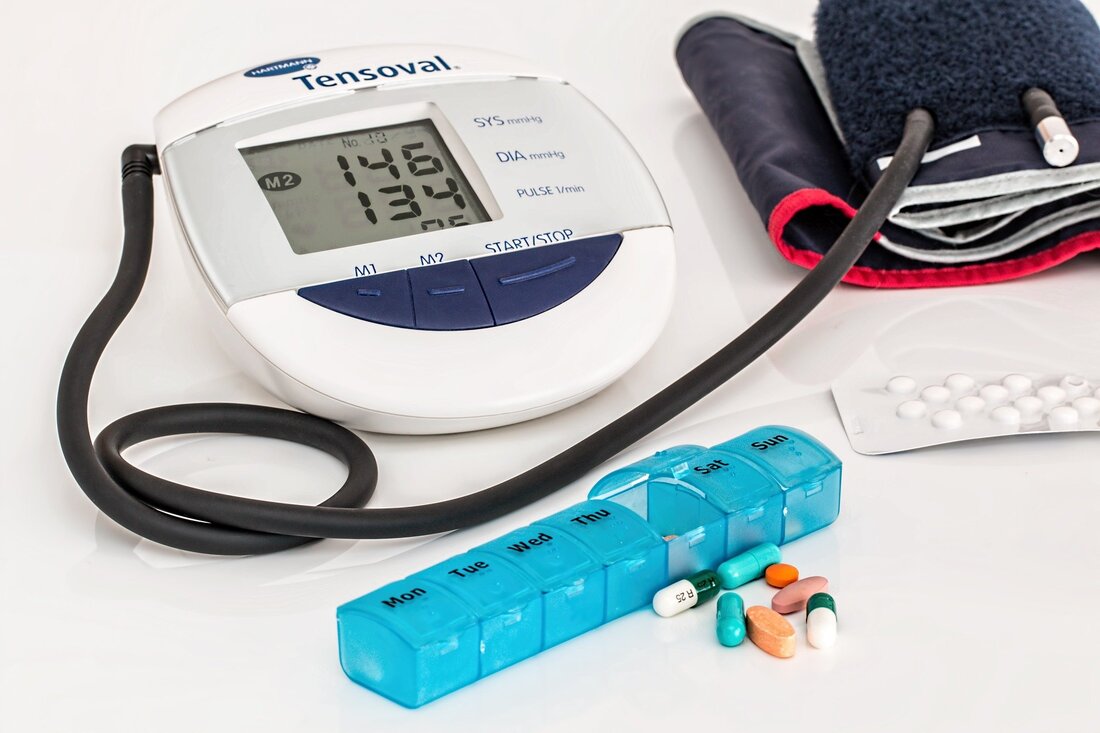




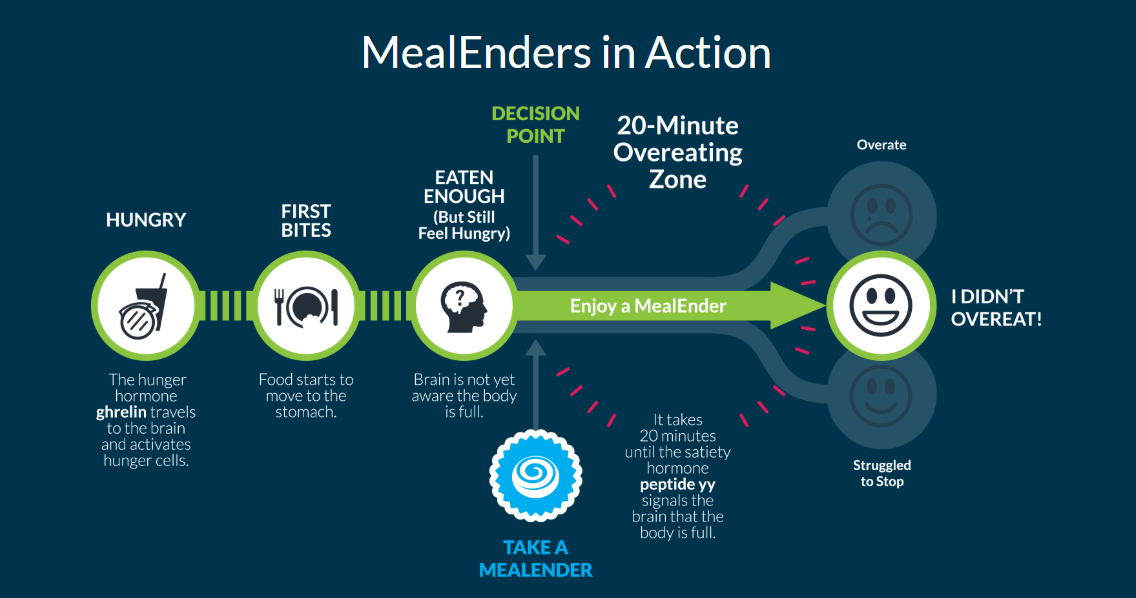






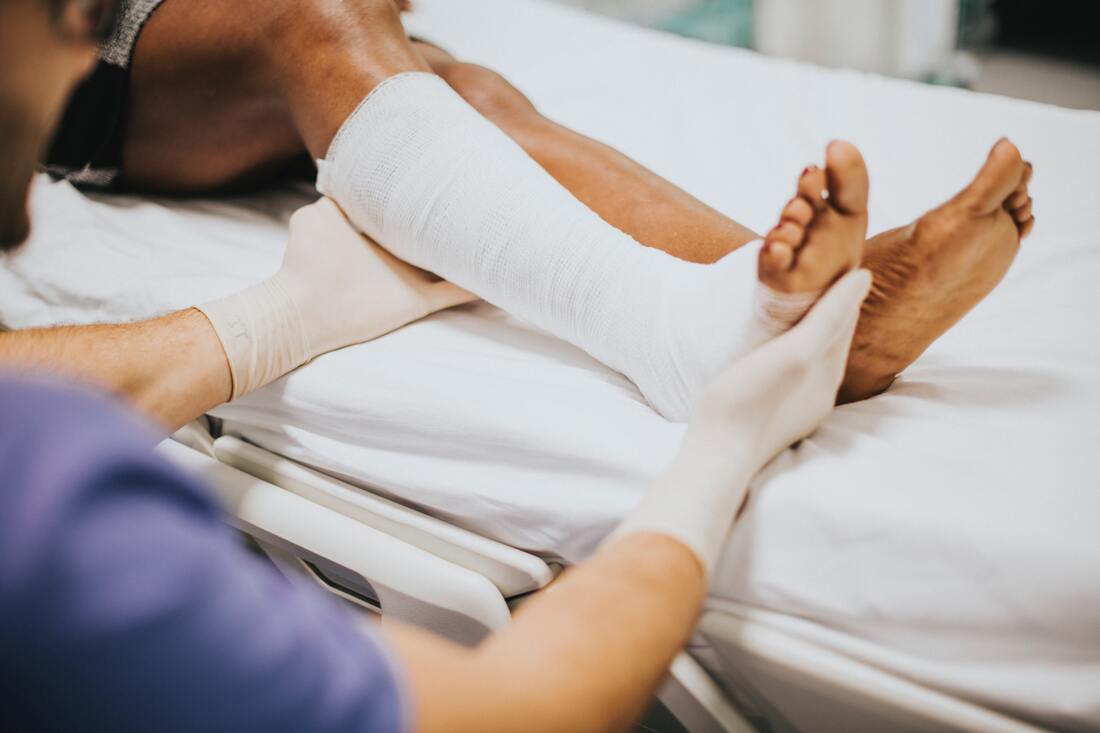
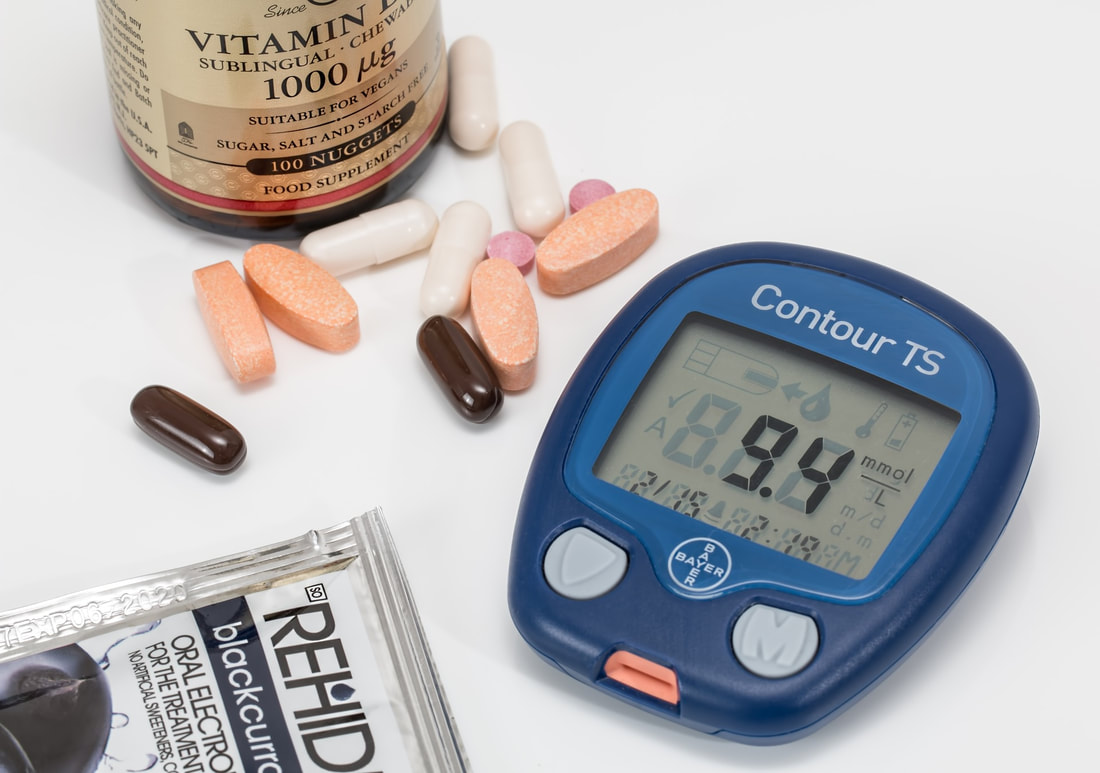



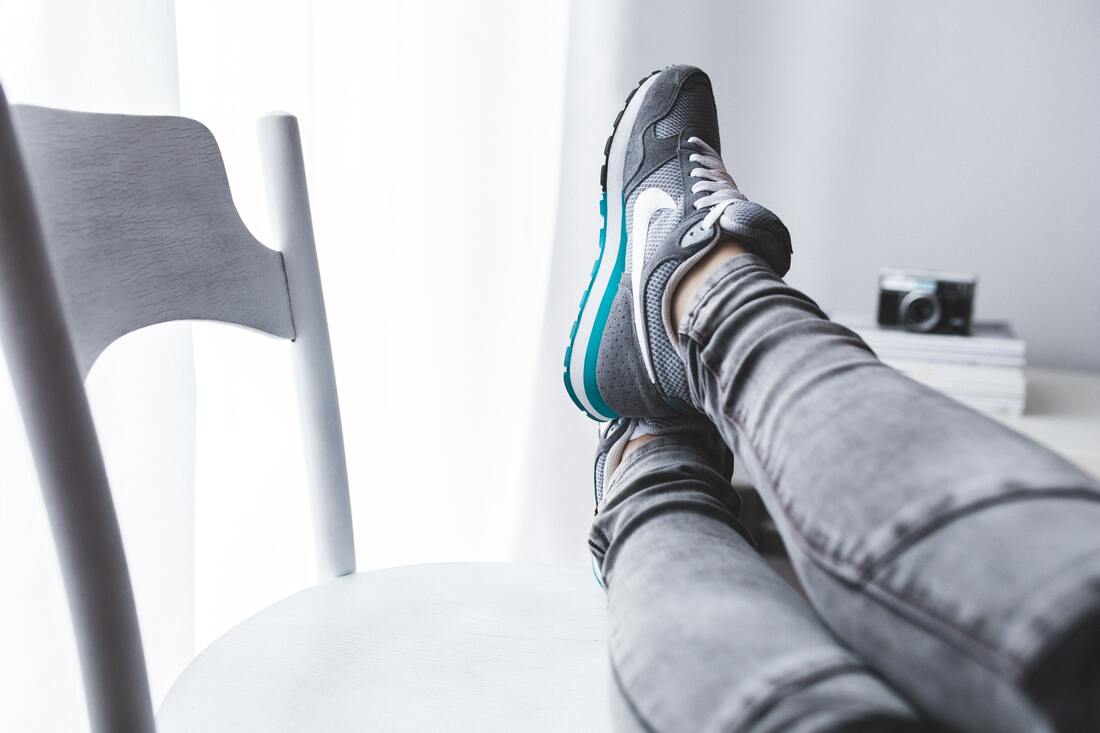
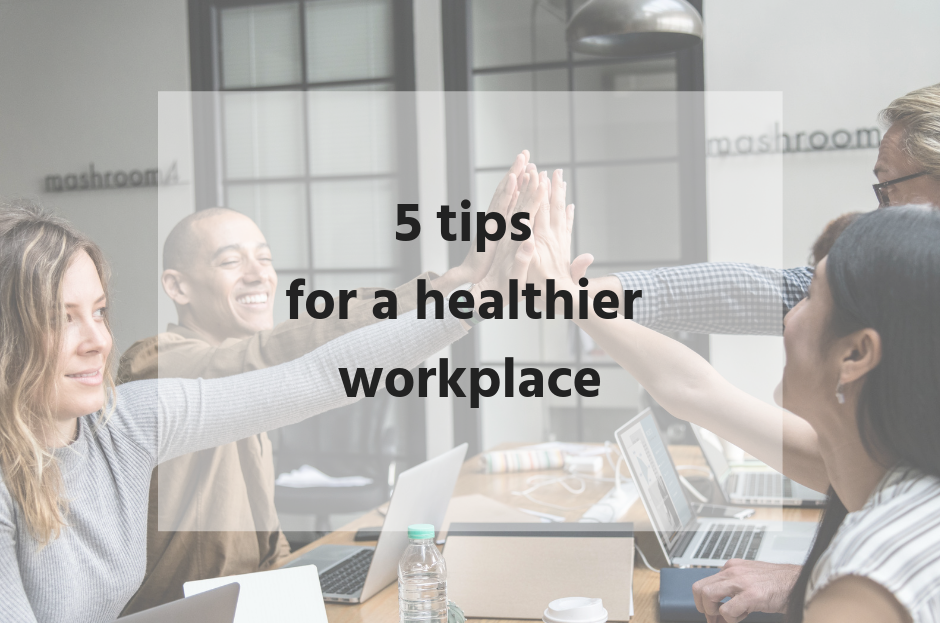
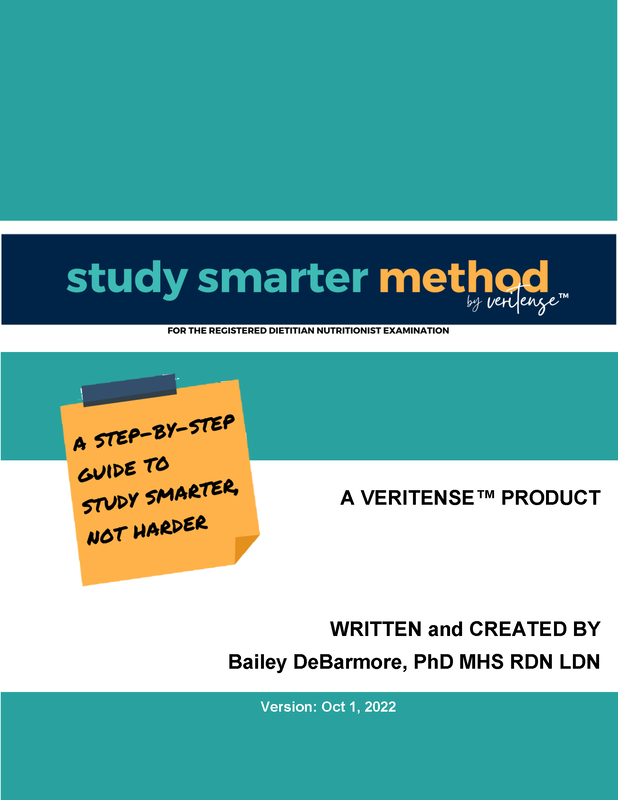

_250px.png)



 RSS Feed
RSS Feed
